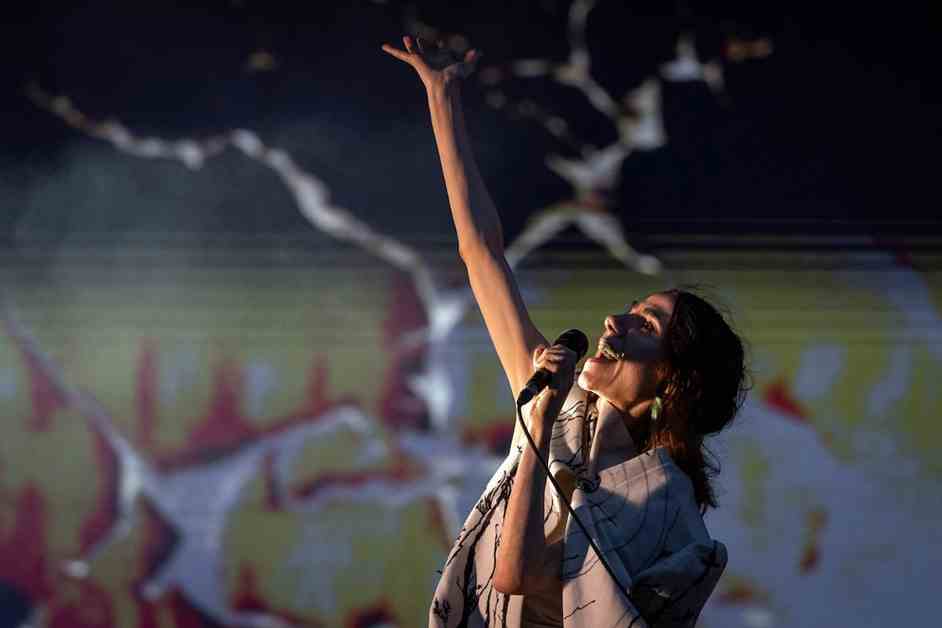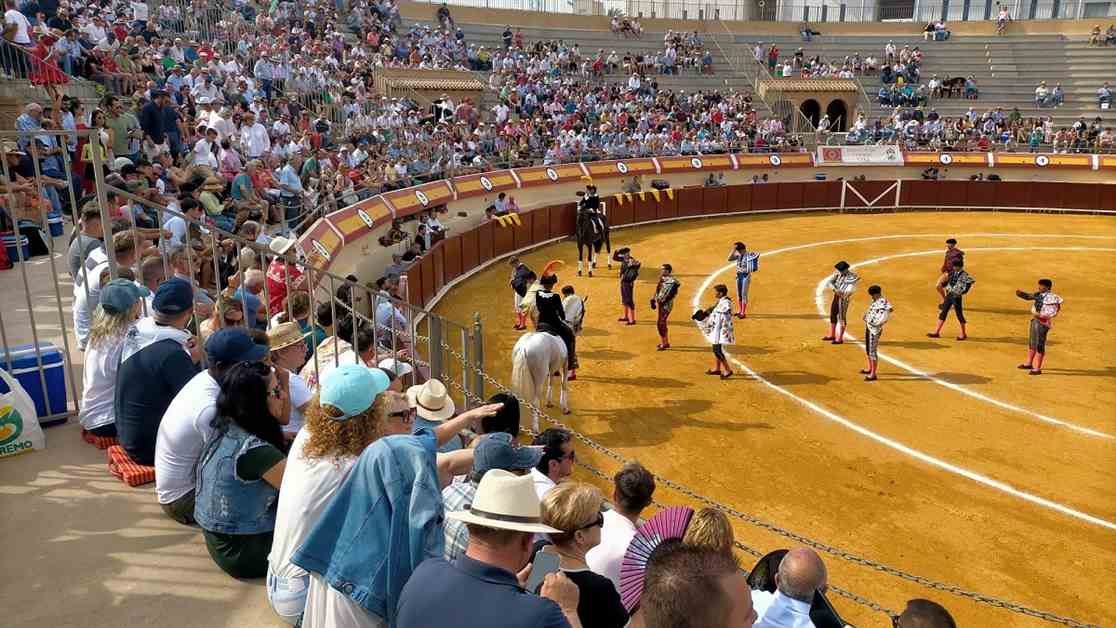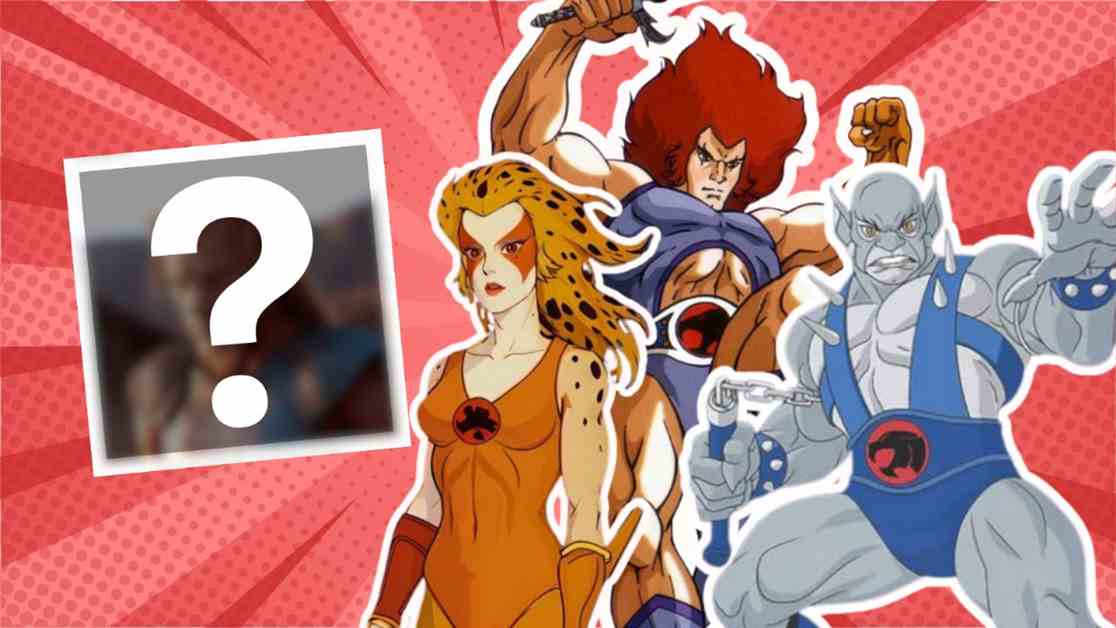PJ Harvey: “If I debuted in music today, I wouldn’t get anywhere. Everything is moving too fast”
Polly Jean Harvey (Bridport, United Kingdom, 54 years old) is clear about one thing. If her career hadn’t started in 1991, she wouldn’t have stood a chance in the music world. «In the nineties, there was an opening for the type of music I made. Especially for women. The support I received was immediate,» she said on Saturday at a hotel in Barcelona, a few hours before her concert at Primavera Sound, which she will repeat this Friday in Madrid as part of the Noches del Botánico. «If I debuted today, it would be much harder. I don’t think I would get anywhere, because there is no longer space,» says the singer, sitting with the poise of a classical ballerina in front of a cup of coffee. «Everything is moving too fast. Before, an album had a lifespan of a year. Now it doesn’t even last a week. I am as guilty as anyone. Before, I would buy a vinyl, sit down, and listen to the whole thing. Now I give a song a minute, and if I don’t like it, I skip. I have become a consumer, and it’s a word that I hate.»
Before the interview, she set two conditions in the form of friendly suggestions: not to talk too much about the past or the place of women in the industry. However, she quickly crossed those boundaries herself, a sign that the singer possesses a transgressive mind. Especially when it comes to going against herself and against what was expected of her. She made it clear since her debut, allergic to labels in a time that branded any rebellious woman with the stamp of riot grrrl, as the feminists of the alternative scene of the nineties were called. While some were making mainstream grunge, Harvey was singing songs about bleeding clitorises, inspired by films by Ingmar Bergman. Her albums, raw and bellicose, were stained with violence and desire, danger, and ecstasy, while others merely made love with their clothes on.
«Since I was a child, I’ve heard voices and had visions, maybe of ghosts. As an adult, I realized that they were presences and ideas that crossed my body and that I turned into songs,» she said.
It could be said that Harvey has a supernatural connection to the landscape of her region. Even a specter is seen wandering through her songs. «I’ll sound crazy, but since I was a child, I’ve heard voices and had visions, maybe of ghosts. As an adult, I realized that they were presences and ideas that crossed my body and that I turned into music and words,» she said.
During the pandemic, she considered leaving music. She returned to it after a long period of reflection. «After my last album and tour, I felt lost. I felt like I wasn’t at my best, and I wondered if I should take another path,» explained Harvey. «When you enter your 50s, you reflect on the past and the years ahead, which are getting fewer. I wondered if I wanted to continue doing this with the three decades I had left.» She promised herself that if she returned to music, it wouldn’t be out of inertia. «I had to do it out of passion. I had to wait two years, but it came back. I realized that this is what I love.»
Harvey’s entire career has been an attempt to avoid becoming a product. It almost happened twice. The first time, after her first album, Dry. «My record label, which was going to be absorbed by Universal, suggested names of musicians and producers to me. They wanted me to adopt more commercial traits. I had to fight to work with Steve Albini on Rid of Me,» she said about the legendary producer, who gave a decisive turn to her sound and life. «With that album, I realized that as an artist, I would keep changing and that I wouldn’t let anything or anyone dictate the path, except my instinct.»
The folklore has always interested Harvey, but it takes on an unprecedented role in Orlam, the novel in verse she published in 2022, and in this new album. Both share the same narrative and are partially written in the dialect of Dorset, her region on the south coast of England, with resonances of medieval English, which she learned for months to compose her verses. «I will never be able to leave that place, its kilometers of forest, and its Jurassic coast. We are close to Stonehenge and the Cerne Abbas Giant. I see the magic contained in that ancestral landscape, centuries of history that I can feel under my feet and floating in the air,» she said.
«After my last album, I felt lost. I felt like I wasn’t at my best, and I wondered if I should take another path,» she said.
Now, Harvey feels more secure in her decision to continue her musical journey. «I’ve decided to continue,» she said. «My strength is as a singer and songwriter. Now I know that’s my strong point.»





